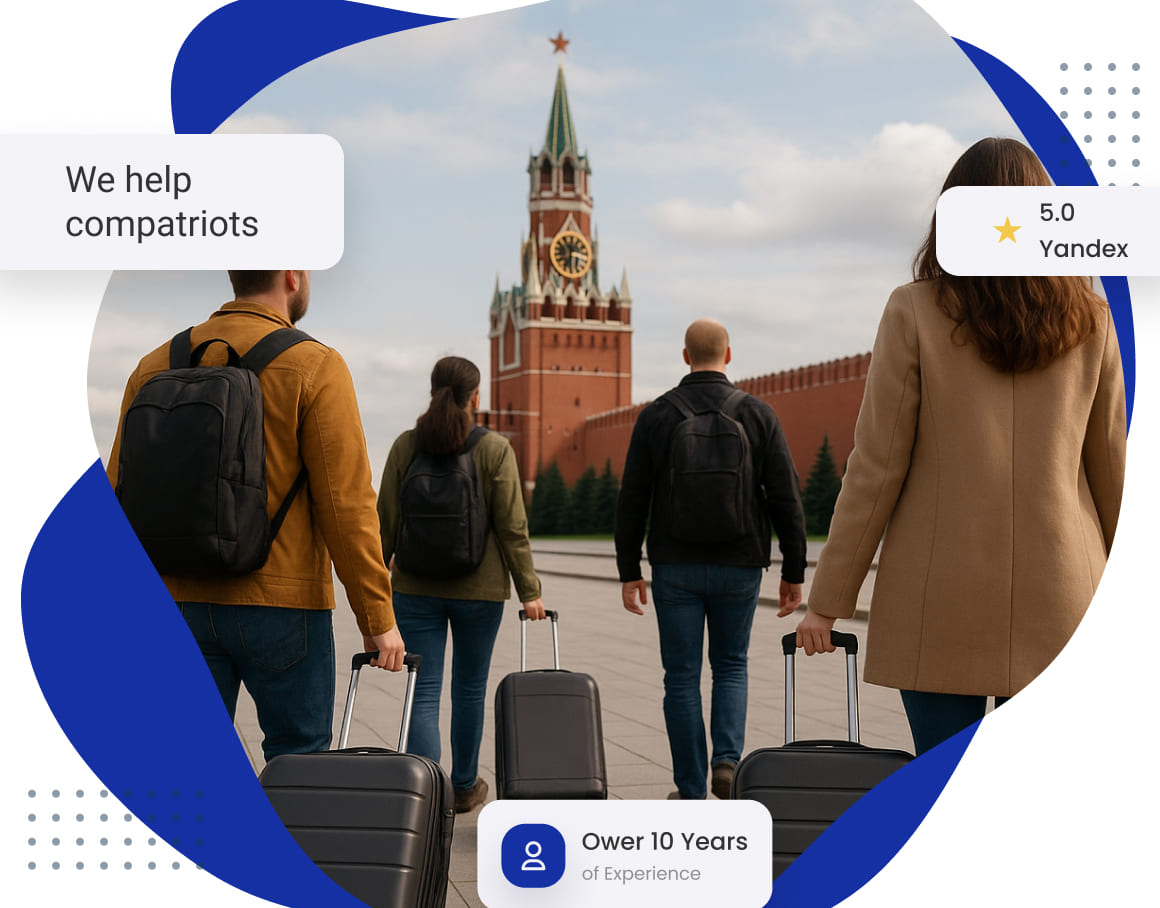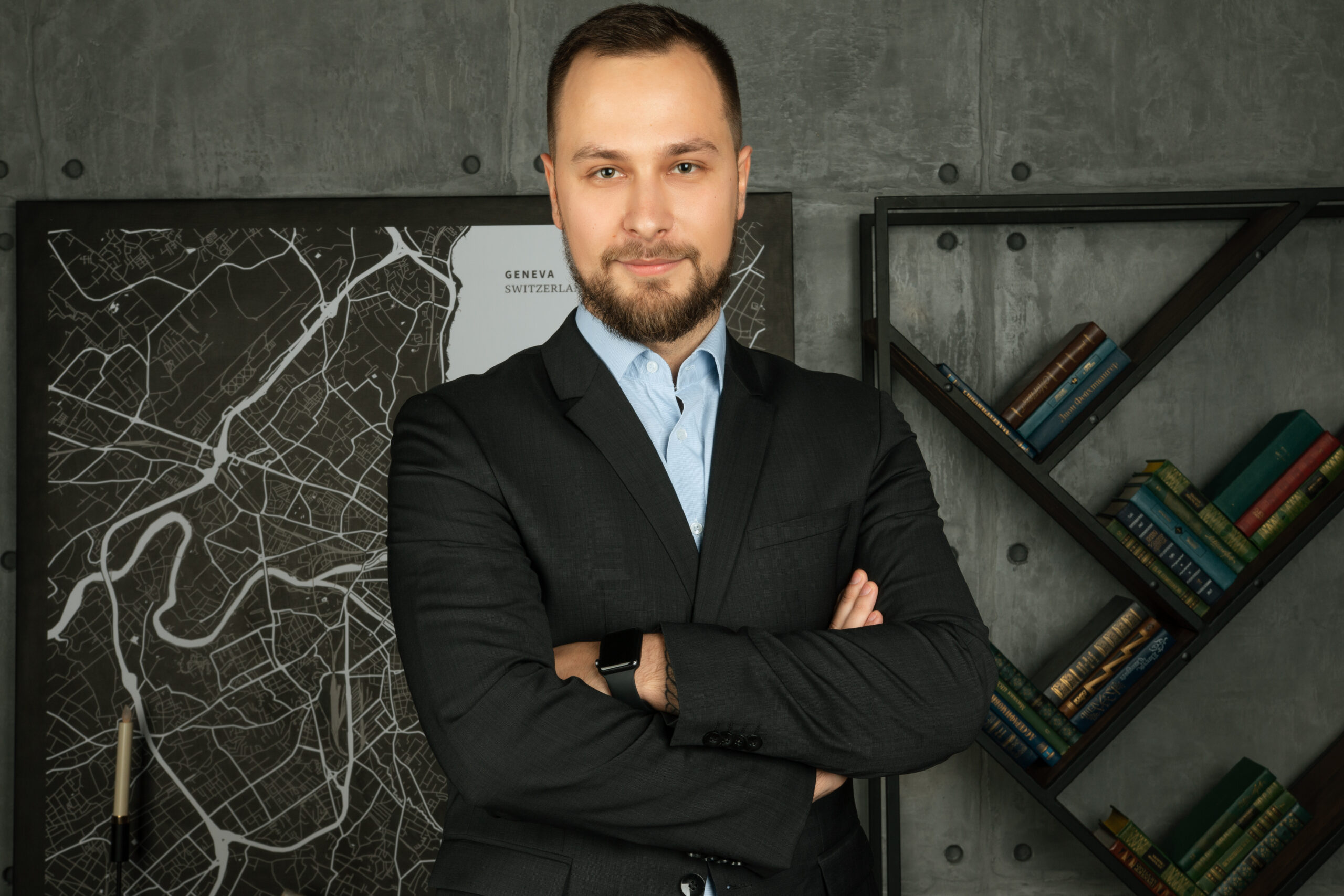Compatriots Resettlement Program

Compatriots Resettlement Program: A Detailed How-To Guide
Russia’s State Program to Assist the Voluntary Resettlement of Compatriots Living Abroad has worked continuously since 2006 to help people with Russian roots return, settle, and integrate. Over 1.2 million participants have moved to the Russian Federation under this framework since launch. The program combines a fast-track legal route to residence and citizenship with a package of federal and regional support measures, all coordinated by Russia’s migration authorities.
Below is a practical, step-by-step guide that brings together the legal definitions, eligibility rules, paperwork, timelines, benefits, and on-the-ground realities you should understand before you apply.
What “compatriot” means in law
Russian law uses a precise definition. Under Federal Law No. 99-FZ (May 24, 1999), compatriots include:
- Citizens of the Russian Federation permanently living outside Russia.
- Persons and their descendants who reside outside Russia but are historically connected to the peoples of Russia, or who have freely chosen spiritual, cultural, and legal ties with the Russian Federation, including:
- Former USSR citizens now living in the successor states who obtained those states’ citizenship (or became stateless).
- Emigrants from the Russian State / Russian Republic / RSFSR / USSR / Russian Federation who once held the relevant citizenship but later acquired a foreign citizenship or became stateless.
This definition matters because only compatriots may join the State Program. You must also be 18+ and legally capable to apply.
The core promise of the Program
The State Program—approved by Presidential Decree No. 637 (June 22, 2006)—is designed to:
- Reconnect people who share Russia’s language, culture, and heritage with a region of resettlement that needs population and skills.
- Provide a priority route to legal status: Temporary Residence Permit (RVP — РВП) outside quotas, a Residence Permit (VNJ), and simplified acquisition of Russian citizenship.
- Offer federal customs and social guarantees, with additional regional support (relocation cost compensation, one-time “lifting” payments, unemployment stipends before citizenship, and—after citizenship—possible housing subsidies).
The program is open-ended and operates across more than 70 regions. Several priority territories—notably in the Far East and Siberia (Buryatia, Zabaykalsky, Kamchatka, Primorye, Khabarovsk, Amur, Irkutsk, Magadan, Sakhalin, Jewish Autonomous Oblast)—offer particularly robust incentives owing to development goals and demographics.
How to apply
Primary applicant: a compatriot (as defined above), age 18+, legally capable, meeting any regional requirements.
Family members may be included to move with you for permanent residence in Russia. The list is broad and explicitly includes a spouse, children (including adopted or under guardianship), the spouse’s children, parents of both spouses (including adoptive), the spouse of your father or mother, your and your spouse’s siblings, underage or legally incapacitated siblings and their underage children, grandparents and underage grandchildren. An adult family member can also apply independently as a program participant if they meet the criteria.
Choosing your region of resettlement
This is the single most strategic decision you will make. Each participating region publishes its own conditions—from skills in demand and settlement preferences to the size of one-time payments, relocation reimbursements, and available integration services (employment assistance, support for small business and farming, school placement, etc.). Climate, housing markets, and sectoral job prospects vary widely across the country; study these realities carefully before committing.
Two points to remember:
- Benefits are regional. Federal guarantees apply everywhere (e.g., customs relief, fast-track status), but cash support levels and some services depend on the region you choose.
- Timing matters. Once you receive the Participant’s Certificate, you should arrive in your chosen region well before the certificate expires to activate legal status and claim payments.
The application, review, and your Certificate
Where to apply. You file through a Russian consular post abroad (e.g., in the country of your citizenship or, if you have a residence permit there, in a third country). For applicants in the United States, the Consular Section provides a dedicated channel for:
- U.S. citizens,
- citizens of other countries permanently residing in the U.S. with proof of that status,
- citizens temporarily in the U.S. who permanently reside in states designated as “unfriendly” to the Russian Federation (as per the Russian Government’s list).
What’s next? Your file is routed to the competent authority of the region of resettlement. If they clear your candidacy, the consulate issues a Participant’s Certificate—the key document of the State Program—valid for five years. By law, the issuance period is up to 60 calendar days after a properly completed submission. If a refusal is issued, or a regional concurrence is recorded, notification must be sent within 25 working days from filing.
No extensions. The Certificate cannot be prolonged beyond five years. If it expires before you activate your status inside Russia, you lose participant status (and family members included in the certificate lose theirs). Arriving on time. The MVD (Ministry of Internal Affairs) recommends arriving as soon as practical—and no later than 12 months before the Certificate’s expiry—to complete your status formalities (RVP or citizenship) and to lock in compensation payments.
Visas for program participants
If you are a foreign citizen (not already a Russian national), once you are granted participant (or family member) status, you may be issued a multiple-entry ordinary private visa for up to one year, with permitted stay covering the visa’s full validity. The basis is the MVD decision granting participant or family status.
There is an important facilitation for participants who are citizens of, or reside in, “unfriendly” states (per Government Order No. 430-r of March 5, 2022): a private visa may be issued in any third country at the discretion of the head of the Russian mission without proof of 180+ days of lawful stay in that third country—based on the applicant’s written request.
What to expect after arrival
1) Legal status activation
You must present yourself to the territorial office of the MVD in your region of resettlement to place the necessary marks in your Certificate and to file for RVP outside the quota (or directly for citizenship in cases provided by law). This step anchors your program participation and opens the way to payments.
2) Registration and documents
You are required to complete migration registration at your address within the statutory period after entry. You will then obtain:
- SNILS (individual insurance account number),
- INN (taxpayer number),
- OMS (compulsory medical insurance) policy.
Medical examinations, fingerprinting, and photographing are mandatory under current rules; follow the MVD’s instructions and regional procedures.
3) Timelines
In practice, preparing and filing the RVP dossier can be swift if your documents are in order. After filing, RVP processing generally takes up to several months. Once you obtain RVP, you normally move toward a Residence Permit (VNJ) and then citizenship under simplified rules available to program participants.
Your rights in Russia as a participant
From the moment you formalize your status in Russia, you and your family members gain the right to:
- Work for hire without a patent or special permit.
- Study in vocational and higher education on terms comparable to citizens (compatriots also enjoy specific admission pathways if they document status under Law No. 99-FZ; participants submit a copy of the State Program Certificate when applying).
- Start a business or invest, including small and medium-enterprise activity and farming.
- Run a household plot and engage in lawful economic activity more broadly.
- Access customs relief for personal belongings (including vehicles) under the program’s rules.
- Obtain RVP outside quotas, a Residence Permit, and citizenship in a simplified procedure.
- Use public services: free healthcare via the OMS system; school and preschool places; social-care placements for children, the elderly, and persons with disabilities; and employment assistance through state job centers.
Federal guarantees and regional support
Federal guarantees attach to all participants: the fast-track migration track, customs exemptions for personal effects, the ability to work, and access to core social services.
Regional support varies and is set by each participating subject of the Federation. Typical measures include:
- Relocation compensation for travel and shipment of personal effects to your new home.
- One-time “lifting” payment for initial settlement (size depends on the region and family composition).
- Monthly allowance (when there is no income) before citizenship, capped at six months.
- Reimbursement of state duties and consular fees for status paperwork and visa handling.
- Reimbursement of notarization costs for translations of personal documents in families with many children.
- Housing subsidy after citizenship in certain regions.
- Other regional guarantees: targeted social support, help with education placement, SME support including farm start-ups.
Because these benefits are region-specific, study the regional program carefully and get written confirmation of the entitlements relevant to your family.
Admissions to Russian universities as a compatriot
Compatriots (as defined by Law No. 99-FZ) can apply for higher education on a par with Russian citizens if they meet the admission criteria. The typical process is:
- Mark the “Compatriot” field when applying (e.g., through institutional online systems).
- Upload documents proving compatriot status (e.g., a parent’s Russian/USSR birth certificate, your birth certificate, documents proving your and your parents’ permanent residence abroad).
- If you are a participant of the State Program, attach a copy of your Participant’s Certificate.
- Follow the university’s deadlines: documents confirming compatriot status are generally accepted earlier than the main budget competition dates; once status is confirmed, you can compete for state-funded places where eligible.
This path often runs in parallel with your migration formalities.
The language requirement introduced in 2024
Beginning January 2024, applicants to the general (non-repatriate) track of the State Program must demonstrate Russian-language proficiency sufficient for oral and written communication in a Russian-speaking environment. Proof may be via an approved test or an education document issued in a country where Russian is a state language. Exemptions apply to citizens of Belarus, Kazakhstan, Moldova, and Ukraine.
The new rule influenced 2024 volumes: authorities received 36.4 thousand applications and 31.7 thousand arrivals registered at the MVD—lower than recent years. At the same time, the program recorded growth in arrivals from “unfriendly” states; for example, about 700 came from Germany, with ~600 each from Moldova and Latvia. Kazakhstan now accounts for roughly 35% of arrivals. Over the last two years, authorities report 170,000+ inquiries overall, including ~7,500 from German-speaking applicants.
Life after arrival: work, study, and business
Once your status is in place, you can work without a patent, enroll in education, and even open a business. Many new arrivals register as individual entrepreneurs (IE — ИП); note that with RVP your work and business are generally tied to the region that issued it, while with a Residence Permit you can operate nationwide. Standard Russian tax regimes apply (the popular simplified tax system: 6% of revenue or 15% of profit; patent regimes for microbusiness; sector-specific regimes such as the agricultural tax). Keep up with reporting, contributions, and employee compliance—the rules are the same as for citizens.
Common pitfalls—and how to avoid them
- Rushing documents. Missing apostilles, inconsistent name spellings, and uncertified translations are the most frequent blockers. Cure these before you file.
- Letting the Certificate lapse. If you don’t arrive and activate status before it expires, you lose participant rights. Aim to arrive well within the five-year window—ideally by the final year minus 12 months.
- Assuming benefits are uniform. They’re not. Get written confirmation of what your region pays and when (e.g., arrival triggers, registration marks, RVP issue).
- Ignoring language rules. Since 2024, the general track requires proof of Russian (with listed exemptions). Plan for testing or qualify via education documents where applicable.
- Underestimating timelines. Visa issuance, bookings, registration queues, and medical checks all introduce friction—build slack into your calendar.
Conclusion
The Compatriots Resettlement Program is both a legal mechanism and a settlement pact between you and your chosen region: Russia offers expedited status and tangible support; you bring your family, skills, and intent to build a life there. If you prepare your documents meticulously, choose your region strategically, and sequence each step correctly.
On-the-ground support in Moscow: if you plan to arrive in the capital to activate status and file migration paperwork, Migron—a Moscow-based migration advisory—provides practical legal assistance with document legalization, translations, RVP/VNJ filings, tax IDs, medical checks, and registrations. For many families, engaging a local specialist like Migron removes guesswork at the exact moment it matters most.
Prices
| Service |
Price |
Duration |
|---|---|---|
|
from 44,000 RUB
|
5 days
|
|
|
from 46,000 RUB
|
7 days
|
|
|
from 33,000 RUB
|
7 days
|
|
|
14,000 RUB
|
-
|
|
|
36,000 RUB
|
-
|
|
|
69,000 RUB
|
2 months
|
|
|
30,000 RUB
|
2 months
|
Our Guarantees

We guarantee that the documents prepared by us will be accepted for review by the Ministry of Internal Affairs (MVD). Provided that you comply with all requirements and there are no violations on your part, you will achieve the desired outcome.

Submitted documents package will be prepared without any errors and will fully comply with all requirements of the Russian Federation legislation.

Your case will never be left unresolved. If your documents are not accepted on the first attempt, our specialists will promptly address the issue and ensure your application is successfully filed with the relevant authorities.

The final cost is fixed in the contract before document preparation begins and will not change.




